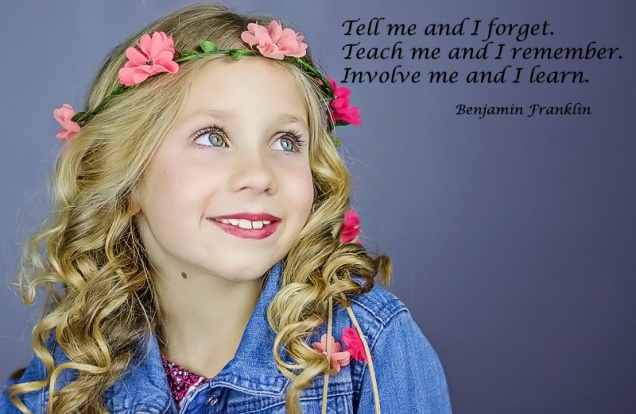Registration for our next six-week session of social skills classes is now open. Classes begin on Sunday, October 8th and run through Sunday November 12th.
To register, please fill out this form and e-mail it to us at confidentsolutions7@gmail.com
Registration form Registration for October 8th-November 12th
For some students, obtaining and utilizing good social skills do not come naturally. They move through their environment having a difficult time communicating and understanding more than just direct language-based interactions. We typically begin intuitively learning key social skills around age three through observation and parallel play. When these skills are not intuitively understood, they can be taught cognitively. For example, good social skills include eye contact, conversational turn taking, and flexible thinking. For some students, these skills need to be taught and practiced in a non-judgmental environment. Previous posts about Social Learning can be found here Social Learning and Who Benefits From Social Skills Classes?
We are offering three different sessions so please read the specifics below. As always, reach out to us with questions at confidentsolutions7@gmail.com. We believe that empowering the parent/guardian is equally important in empowering the child. Please plan on staying for the parent session of your child’s class to learn what your child is learning and how to help your child at home. For session one and session two, teacher letters will be e-mailed weekly to each parent. This gives you the opportunity to share what your child is learning with his/her teacher so we can collectively help your child practice these skills within their different environments. We encourage you to let your child’s teacher know that he or she can also reach out to us for extra support or questions for your child in the classroom. We’re all here to help your child grow in his/her social learning.
All classes are held at University Ridge Office Center, 1905 JN Pease Place, Suite 201, Charlotte, NC 28262.
The total cost for a six-week session is $225.00. To register, fill out the registration form found at the top and e-mail it to us at confidentsolutions7@gmail.com. Each group will have no more than 5 students so we can practice “thinking” about thinking as well as individualize for each child. Questions about our classes? Please e-mail us with your questions and we would be happy to connect with you to tell you more!
Session 1: Self-Awareness-Learning How To “Think” About Thinking Socially
This is the perfect beginning class if you are new to our social skills groups. This six-week session lays a foundation of skills that your child can continue to build upon and grow his or her social thinking. During this session, children and parents will learn the differences between self-awareness, self-monitoring, and self-control. Students will learn about “hidden” social expectations in different environments, how to make social observations to learn those “hidden” rules, how behaviors are connected to emotions, strengthen observation/imitation skills, how to gain self-awareness with individual behaviors, move into self-monitoring tools for shifting negative behaviors into positive ones, how to identify if a problem is a big one or little one, and learn how to use your whole body to listen. As we continue to teach these skills, the group will begin to understand that people have a perspective that is different from their own and how to navigate a social interaction using this knowledge. Each child will choose a personal behavior goal and learn tools to help create a shift in awareness and behaviors.
This group meets every Sunday from 2:00-3:00
Session 2: Zones of Regulation
Zones of Regulation helps teach students how to be more mindful of other people in their social circles. They will begin to make a connection between their actions, their own emotions, and how others are feeling. Zones of Regulation teaches children how to consciously regulate their actions based on understanding their feelings. This will lead to increased self-control and problem solving abilities. During the class, they will learn how to use strategies or tools to stay in a zone or move from one to another.
This group meets every Sunday from 3:00-4:00
Session 3: Practicing of Social Skills
This session is designed for open practice of the social skills that have previously been taught. We will create opportunities for the students to practice social thinking, Theory of Mind skills, and executive functioning skills in a play environment. This gives us the opportunity to help each child individually navigate a challenging social scenario using their tools and knowledge from previous groups. This session will work on deepening the interpersonal skills to develop better problem solving skills which creates a scaffolding of increased social skills. Due to the level of individualization, instead of a weekly teacher letter, we will give our contact information to your child’s teacher and can facilitate open communication on skills their student continues to strengthen as well as get feedback on what skills need continued practice in the school environment.
This group meets every Sunday from 4:00-5:00
If you’re not sure if our group is the right fit for your child or have any further questions, we would love to talk with you. Please don’t hesitate to reach out to us at confidentsolutions7@gmail.com.

With Appreciation,
Christina and Wendy






